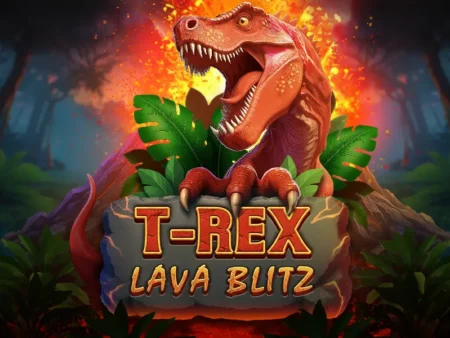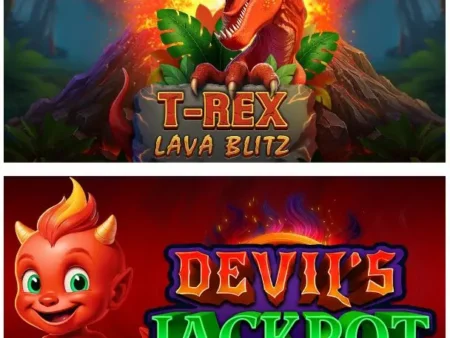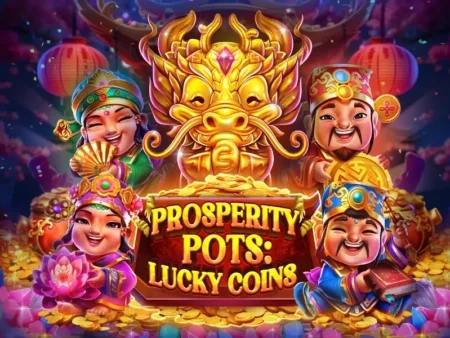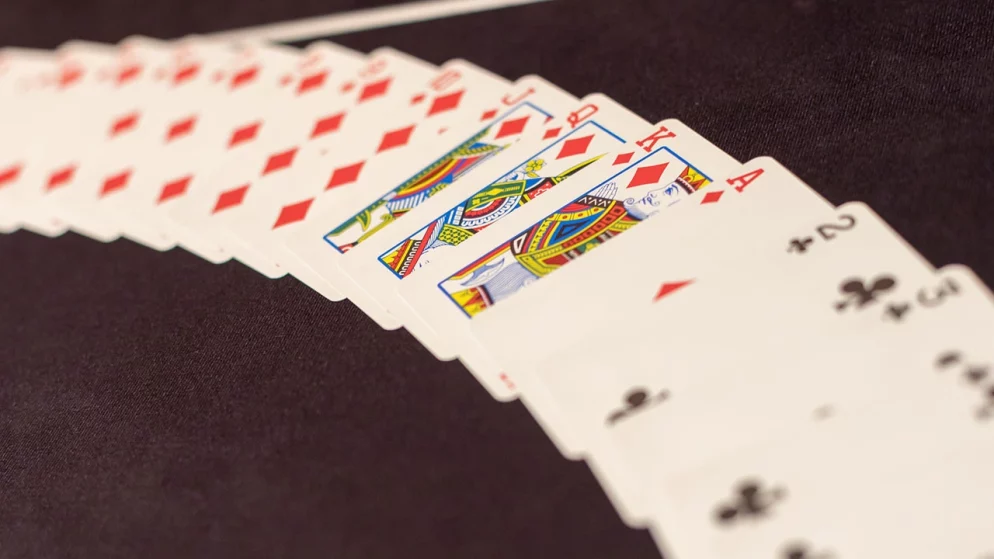
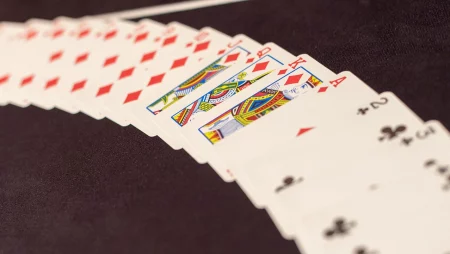
The Koi Nation’s planned casino and resort near Windsor was overwhelmingly opposed by the Sonoma County Board of Supervisors, despite the tribe’s historical links to the county.
Supervisor James Gore, the board chair, who covers most of northern Sonoma County, including the acreage off Shiloh Road where the Koi Nation hopes to develop its estimated $600 million project, spoke briefly before the 5-0 decision.
Gore mentioned the five Sonoma County tribes that have spoken up against the Koi’s casino plan. He went on to say that he respects the Koi Nation and that he had a “respectful” dialogue with Koi Nation leaders when they revealed their casino idea in September.
The tribe claims that neither Gore nor other senior county officials informed them of the resolution, which refers to the Koi as a “Non-Sonoma County Tribe.”
The Graton Rancheria, which owns the Graton Resort and Casino in Rohnert Park, the Dry Creek Rancheria, which operates the River Rock Casino near Geyserville, and the Cloverdale Rancheria all wrote letters to the board with similar language.
On Tuesday, Koi tribal officials cited a statement made by Koi tribal Vice Chairman Dino Beltran on Monday, in which he said that the resolution had caught the tribe off guard.
Could a Casino Still be Built?
The board’s decision is the most strident local government opposition to the Koi idea yet, although it does not rule out the possibility of the casino being built. The tribe’s land-to-trust application must be approved by the US Department of the Interior, which may take years, and the development must fulfill the standards of the Indian Gaming Regulatory Act.
Linda Williams and a lady who only identified herself as Cassie, both residents of the Shiloh Road community where the casino is proposed, were the only public comments on the board’s action on Tuesday.
Both ladies claimed that the casino should not be built on Shiloh Road since the area is allocated for farming and houses, not commercial usage.
Those casinos, which were very contentious when originally suggested in the last two decades, were likewise opposed by the board and individual supervisors at the time. The biggest casino in the Bay Area, Graton Resort & Casino, debuted in 2013. River Rock Casino, 25 miles to the north, opened in 2002.
The casino proposed by the Koi Nation would be roughly midway between the two gambling venues, which compete for consumers from all across the Bay Area and beyond. The Graton casino also has a revenue-sharing deal worth millions of dollars every year with Sonoma County and Rohnert Park.
Why do Residents Oppose the Casino?
Residents are also opposed to the proposal due to public safety issues, including the potential of fire, according to Williams, who lives approximately 50 feet from the planned Koi casino site.
Sam Singer, a San Francisco-based public relations professional who serves as a spokeswoman for the Koi, responded to William’s remarks by inviting anybody with issues to contact the tribe at any time.
There are 2,500 slot and other gaming machines planned for the casino, as well as a 200-room hotel, six restaurants and food service sections, a conference center, and a spa. The Chickasaw Nation, a considerably bigger tribe with 23 casinos in Oklahoma, has collaborated with the Koi Nation.
The Koi Nation is part of the southern Pomo people of Sonoma County and is one of 109 federally recognized Indigenous tribes in California. Sonoma County is home to the majority of the group’s 90 members.
According to Koi tribal leaders, their forefathers were driven from their homeland by a system of extermination, slavery, and illnesses that ravaged the Pomo and other tribes. According to Beltran, the tribe’s vice chairman, two federal treaties signed by the tribe were not fulfilled, and the tribe’s previous rancheria in Lake County was unusable.
Last Updated on by Ryan
